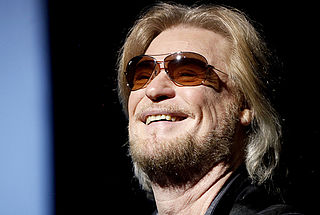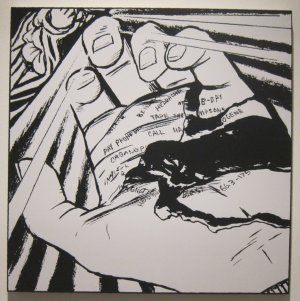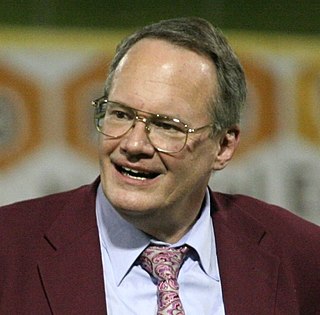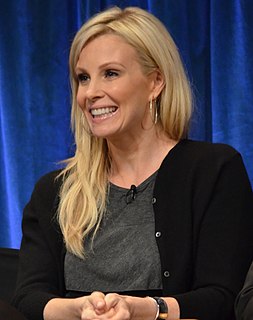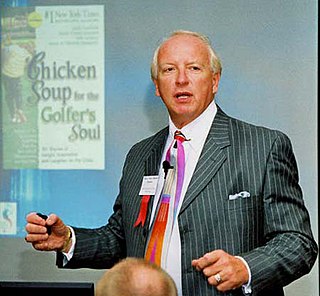A Quote by Daryl Hall
I'm used to the egos in the 1960s, '70s and '80s where people just expected massive success and thought it was their birth right to be successful.
Related Quotes
In the '80s, it was difficult and frustrating to appear in the theater and TV again, even though I had some successful shows and hit records. Now, I have to say, the '90s are the best decade of my life. I've done the best work and, in a funny way, I'm enjoying the most success... more than in the '70s.
Remind yourself regularly that you are better than you think you are. Successful people are not superhuman. Success does not require a super-intellect. Nor is there anything mystical about success. And success isn't based on luck. Successful people are just ordinary folks who have developed belief in themselves and what they do. Never...yes, never...sell yourself short.
